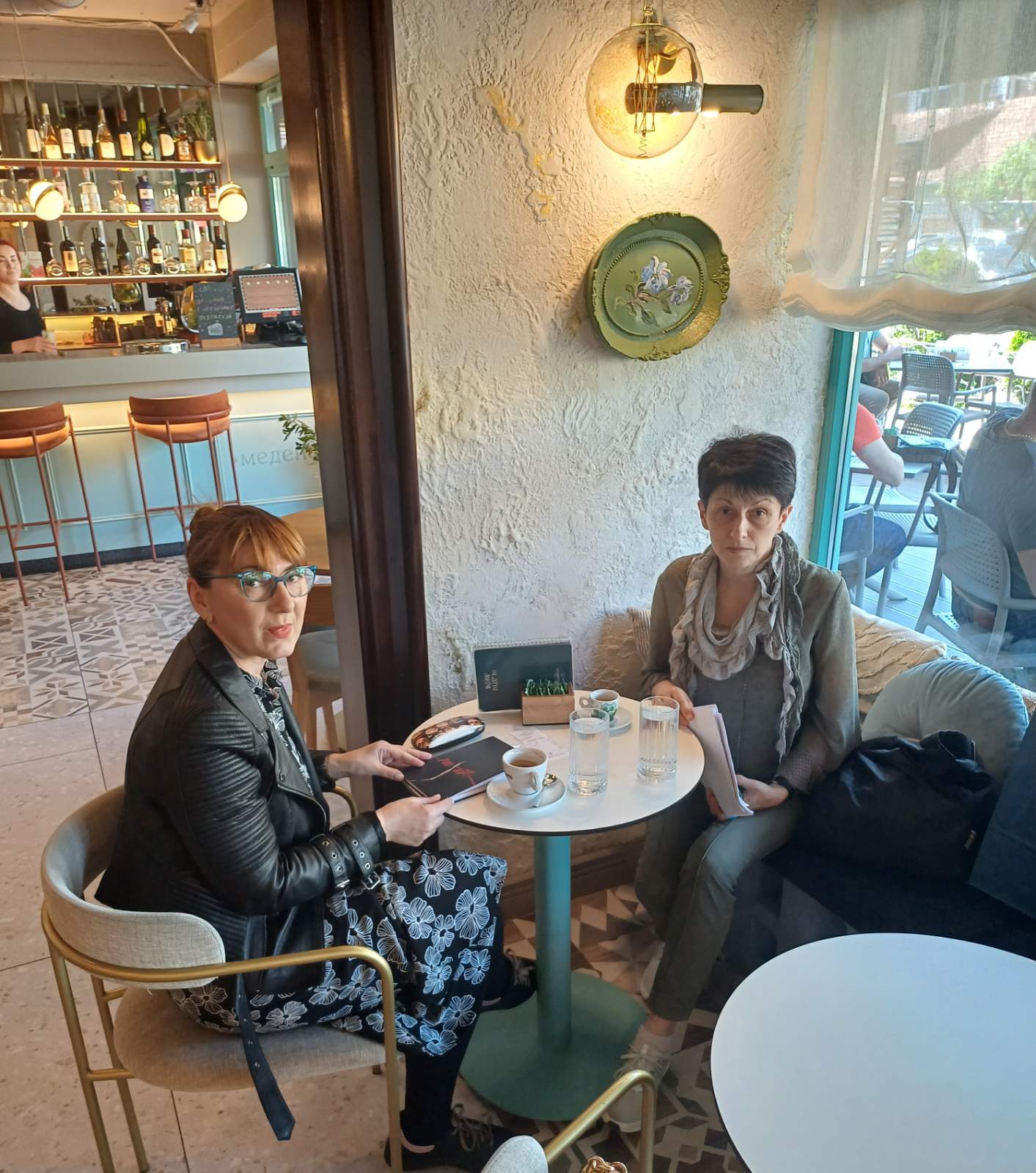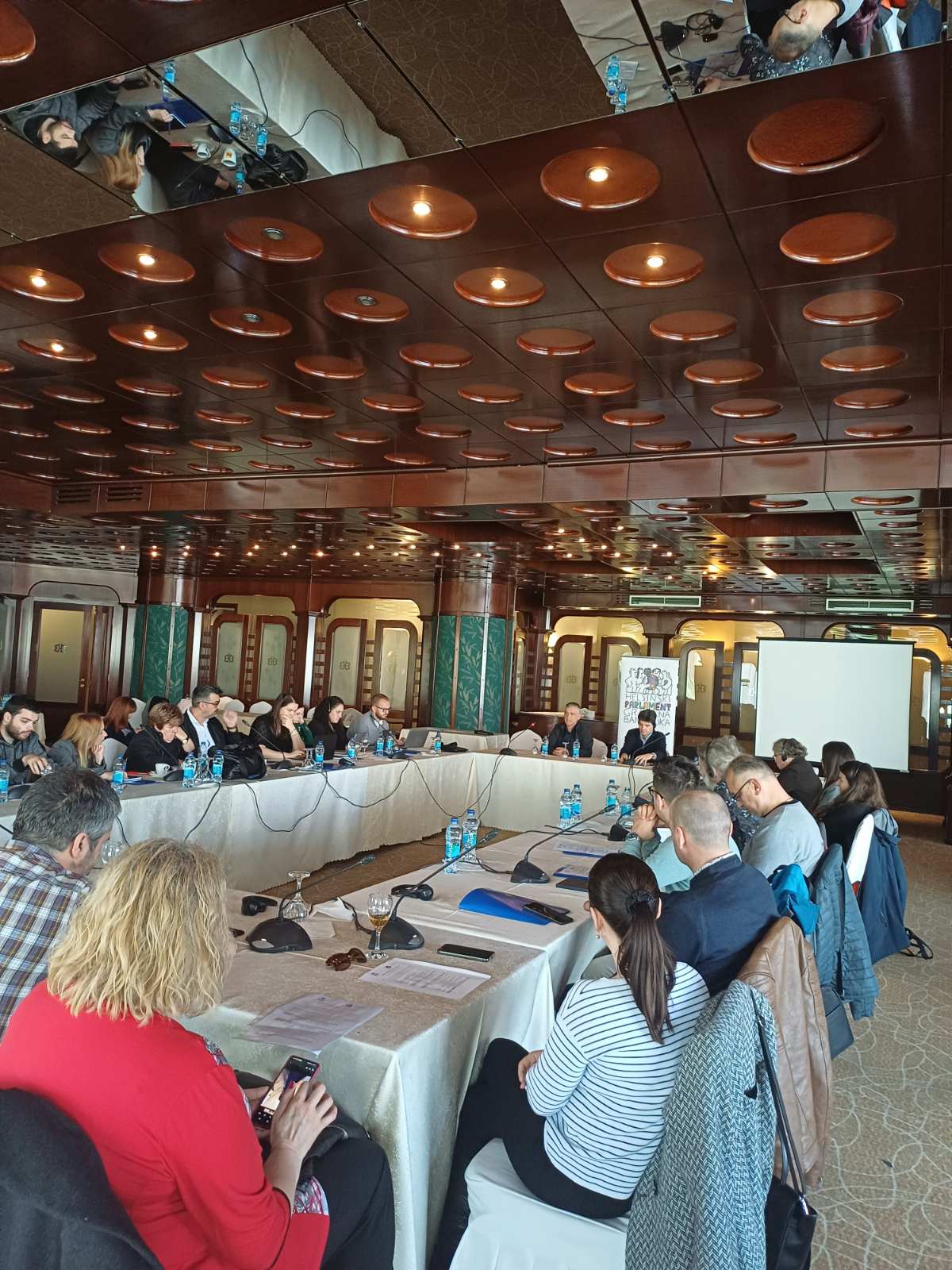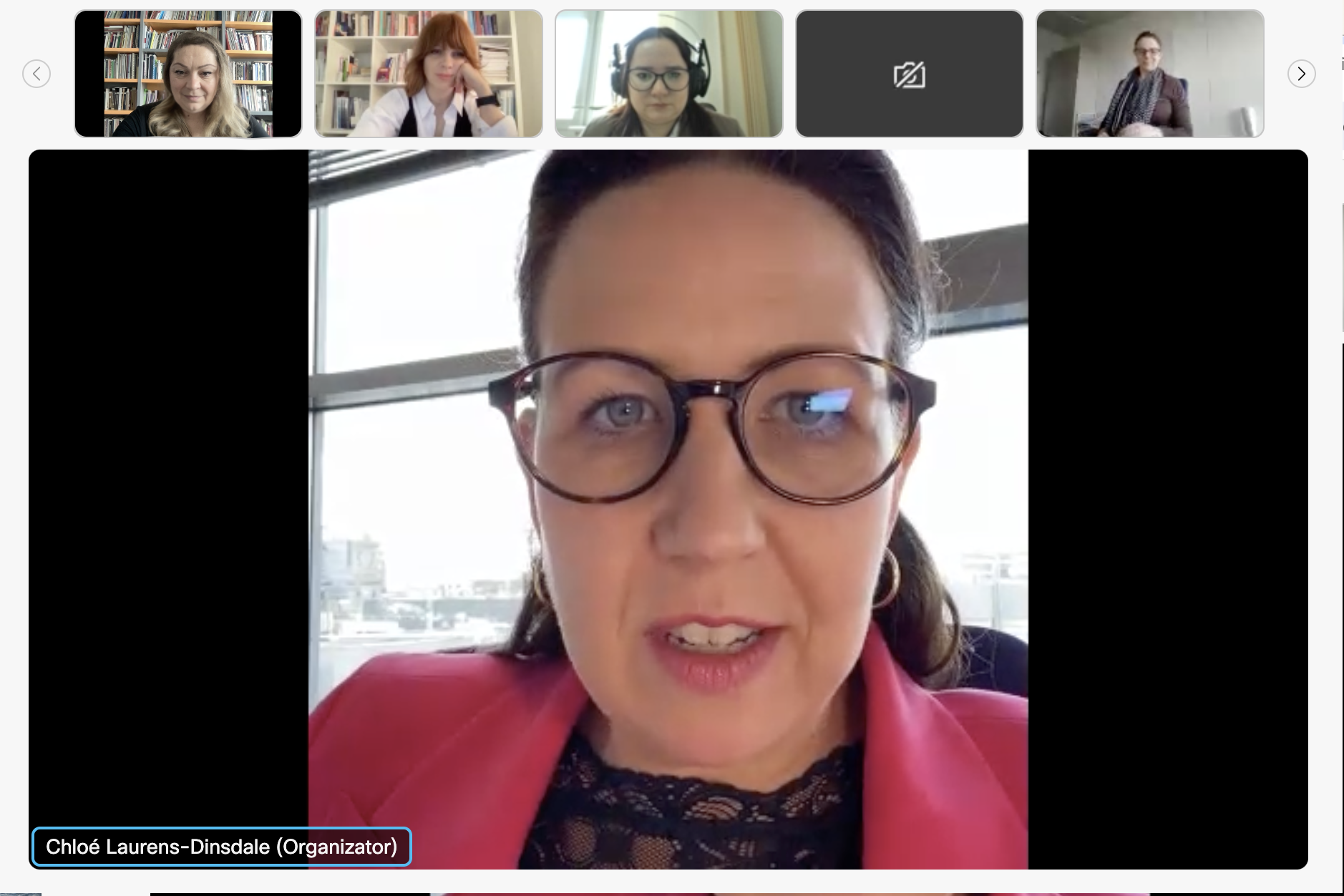As part of cooperation with journalists within the project “Strengthening of Legal aid Providers to Fight Gender-Based Discrimination in the Labor Market in BiH”, we bring you cooperation with the eTrafika portal.
Women in workplaces often face lower salaries compared to their male colleagues, who work in the same or similar positions. There is also a political term “glass ceiling” for such a phenomenon, which means the impossibility of women, as well as other marginalized groups, to advance to leading positions in the business hierarchy, regardless of qualifications and business achievements.
According to the report of the OSCE Mission “Discrimination in Bosnia and Herzegovina: Perceptions, Attitudes and Experiences of the Public”, respondents rated employment as the area with the highest degree of discrimination. Regarding gender-based discrimination, 51 percent of men and 66 percent of women believe that discrimination against women is a widespread phenomenon, while according to the same report, 25 percent of respondents declared that in the last 12 months they witnessed unfair differential treatment or harassment based on gender.
Two recent studies in the field of gender discrimination at work, from 2019 and 2022, showed that in Bosnia and Herzegovina there is extremely low awareness of the existence of gender-based discrimination in the field of work, as well as that both employees and employers have knowledge of the right and regulations that regulate this area are very weak.
….
The consequences left by discrimination at work have a very bad effect on the psyche of the victim, but it can also leave physical consequences as well as a feeling of rejection.
“Gender discrimination in the workplace, according to all global research in this field, causes serious psychological consequences for all workers, which sometimes lead to long-term stress and even severe forms of depression. Working every day in such an environment, in which you suffer discrimination and mobbing, creates a feeling of inferiority and isolation in a person,” says Jajčević.
Women in the banking industry
According to the 2013 census, Bosnia and Herzegovina has more women than men. Data from the Agency for the Promotion of Foreign Investments in BiH show that the banking sector is one of the largest sectors in Bosnia and Herzegovina, with approximately 10,000 employees. Wanting to find out more about the gender imbalance in the management boards and management positions of banks, as well as the fight against gender-based harassment, we contacted the director of the Association of Banks of Bosnia and Herzegovina, Berislav Kutilo.
“According to my opinion/experience/information, there is a division between able and non-able (less able) people. Everything else is prejudice or lying to oneself. There are also good and bad people. All other divisions are made by bad people,” he wrote briefly, without addressing the questions raised.
As pointed out by Ivana Kantar, director of the Administration and Human Resources Management Department at Addiko banka a.d. Banja Luka, in this company there are mostly women in management positions, 60 percent of them.
“The recently obtained ‘Employer Partner’ certificate showed us that in the segment of diversity, equality and inclusion we have better results than the average of employers who have this certificate of excellence, that is, significantly better compared to the market. All management positions of Addiko Bank Banja Luka are currently 60 percent women, and we believe that respecting all opinions truly contributes to making timely decisions, in the interest of all interested parties, not just one group. Any imbalance can be dangerous, because it can represent the absence of a critical view of the decision being made,” Kantar points out.
However, according to data that is publicly available on the bank’s website, we see that ten men and two women work in the management.
As the bank claims, with the aim of preventing gender-based violence at work, the company sends employees to workshops that promote equality and prevention of any form of discrimination.
“All our workers are obliged to regularly and continuously attend workshops that promote equality and prevent all forms of discrimination and harassment at work, but also learn about fostering diversity, equality and inclusion in the workplace,” says Kantar.
We also sent a media inquiry to the following banks: Nova Banka, Atos Bank, ASA Bank, Intesa Sanpaolo Bank, KIB Banka, NLB Banka, Privredna Banka Sarajevo, ProCredit Banka, BBI Banka Razvojna Banka, Sparkasse Bank, UniCredit Bank and Naša Banka. We did not receive the requested answers.
How is it in telecommunications?
Among the 20 most profitable companies in Bosnia and Herzegovina is Mtel. According to a report from 2020, 60 percent of employees in this company are men.
“When it comes specifically to the company Mtel, the mere fact that it is headed by Ms. Jelena Trivan, that is, in the position of general director, is already a sufficient and clear answer to the questions about gender equality when it comes to high positions in the company,” PR team emphasized.
However, if we look at the gender structure that is publicly available on the company’s website, we see that there are 12 men and only three women working in the highest positions.

Source: Kompanija m:tel
However, they point out that the female staff is dominant.
“We would emphasize that in four of the five organizational units of the company, female staff is dominant, and if there is a gender imbalance in some parts, i.e. functional bodies, it is not the result of discrimination but the exact opposite – selection according to qualifications and knowledge, regardless of race, gender, religious or any other affiliation”, stated the PR team of the Mtel company.
BH Telekom is also one of the most profitable companies in BiH, which in the report entitled “Integrity Plan” from 2019 states that it employs 65 percent of men. We sent a media inquiry to General Director Sedin Kahriman but we did not receive the requested information.
Full article available at Težak put do rukovodeće pozicije.
Photo taken from eTrafika.





